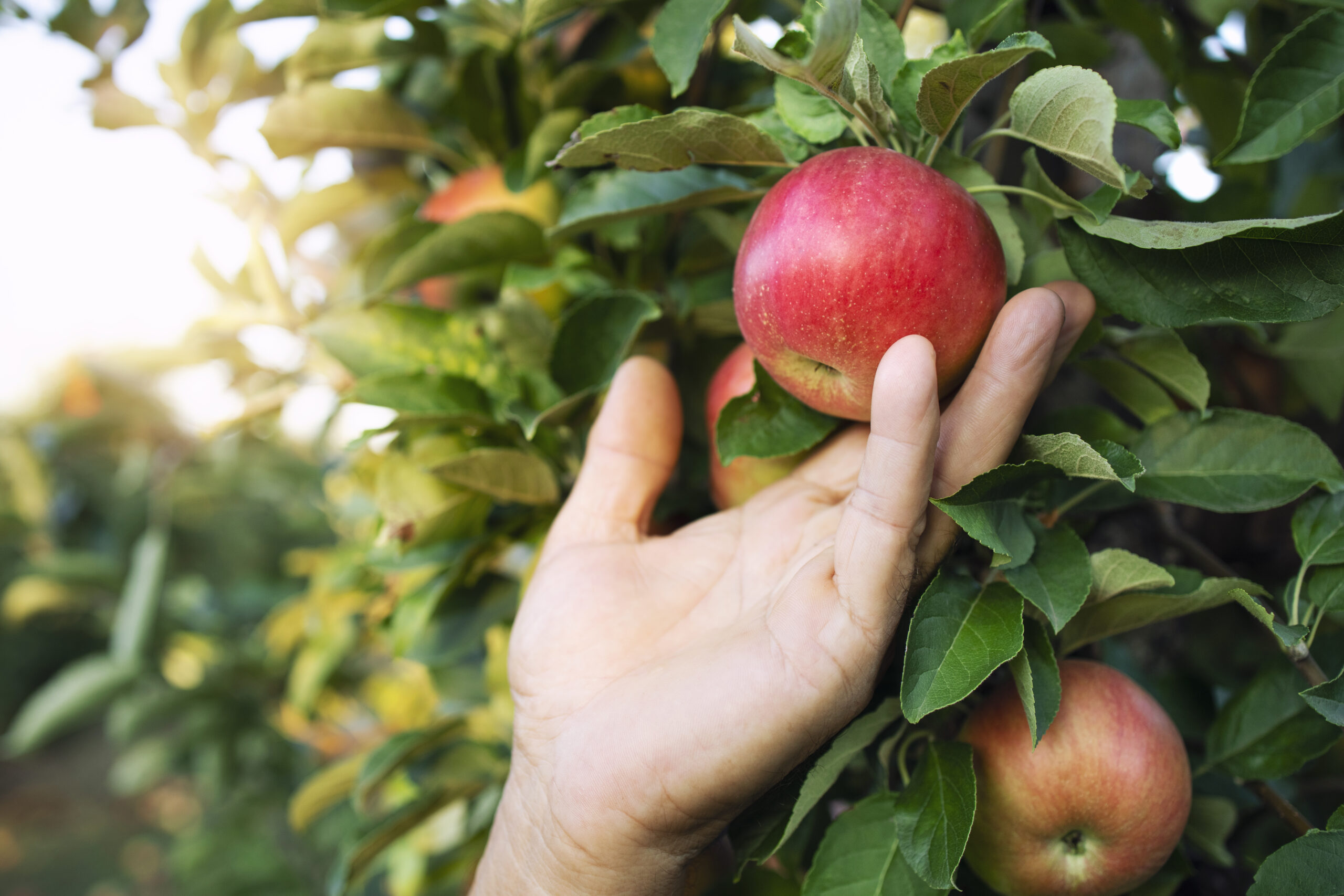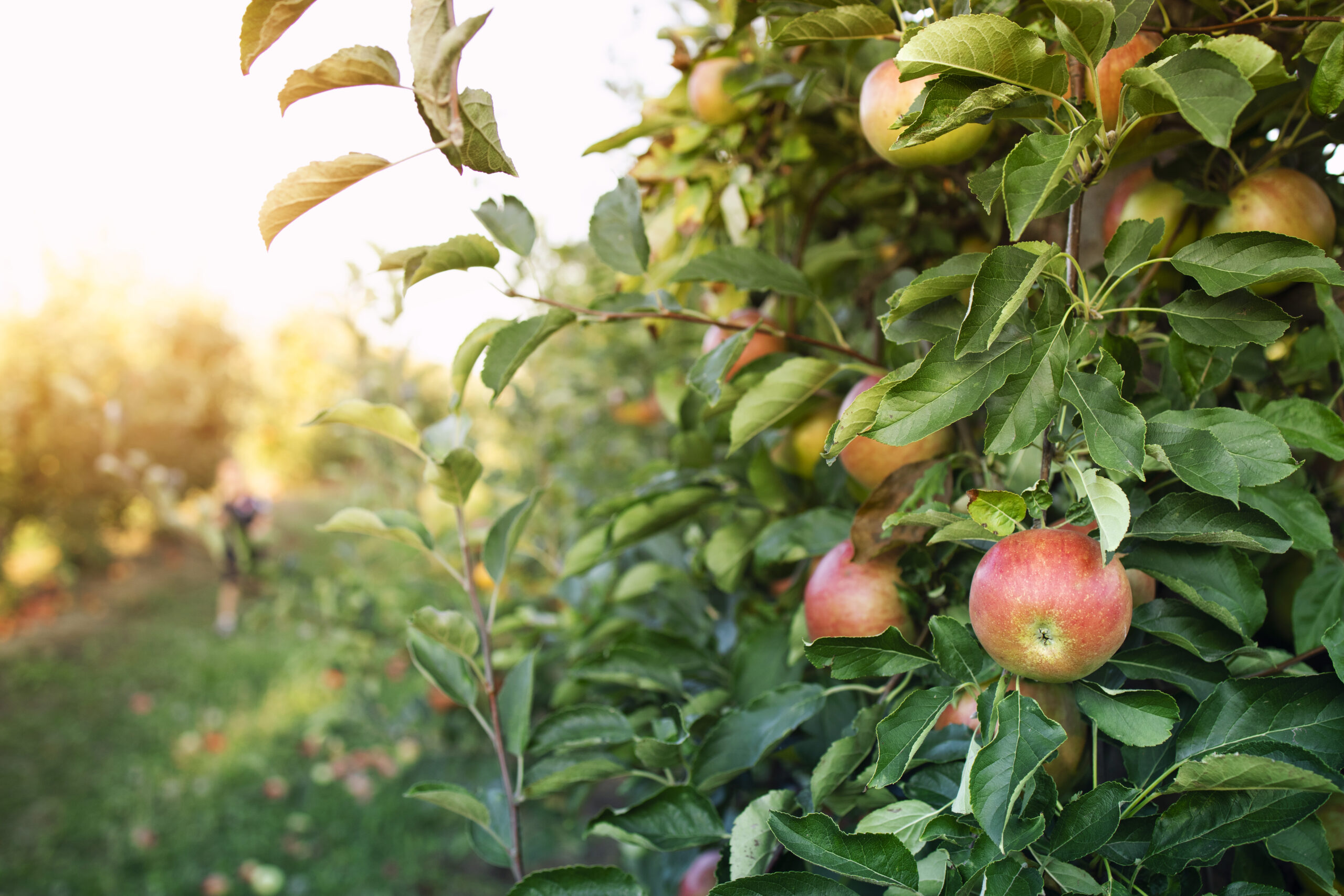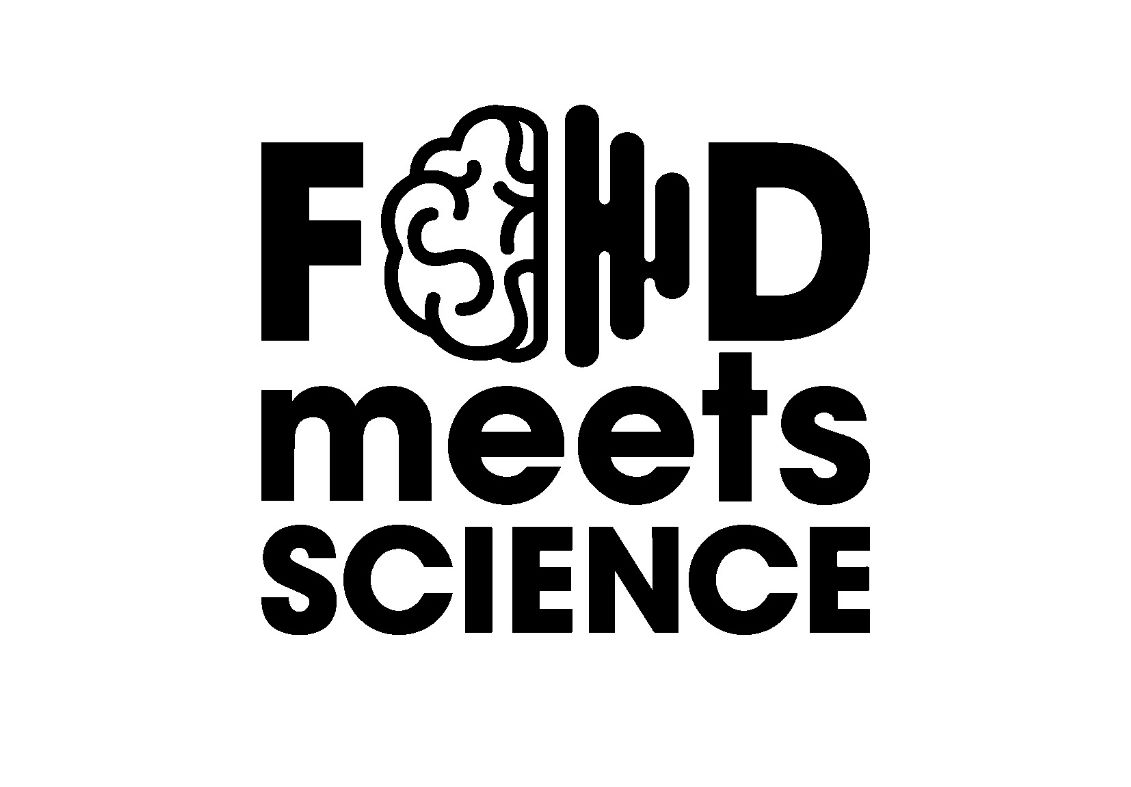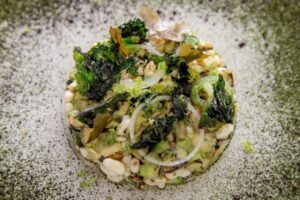
One apple a day keeps the doctor away…

Do you know this sentence? It has a lot of truth in it and is very popular in the United States and Great Britain. Apples are one of the most consumed fruits in the world. They have many advantages such as high availability, many varieties, and low price. There are over 10,000 varieties of apples in the world.
Apples provide many vitamins and minerals, including vitamin C, B vitamins, beta carotene, some vitamin E, phosphorus, calcium, sulfur, magnesium, and iron. They are also a rich source of dietary fiber (especially pectin), quercetin, and antioxidants. The content of these ingredients varies depending on the variety, degree of maturity, and freshness at the time of consumption. One medium, raw apple with skin provides about 95 kcal, 19 g of carbohydrates, 4 g of fiber, and 195 mg of potassium. Raw apples contain practically no fat. They are especially recommended for people on a reduction diet. These fruits have documented antioxidant, antibacterial, antiviral, anti-inflammatory, anti-allergic, and even anti-cancer properties. Due to the presence of antioxidants, apples can be an important element of a diet designed to protect against the development of many civilization diseases, including neurodegenerative diseases (e.g. Alzheimer’s or Parkinson’s disease).
Peeled or unpeeled?
We often peel the fruit – this is a big mistake. Try unpeeled fruit. The apple peel contains vast amounts of pectins that can cleanse our bodies of poisonous substances, which is why they are especially recommended for cigarette smokers, people who come into contact with harmful substances at work, and residents of polluted cities. The beneficial effect of apples also includes the regulation of intestinal peristalsis and the prevention of constipation.
Benefits of eating apples for your health
Therefore, eating apples actively prevents the development of infection, which is why they are recommended especially in the autumn and winter. They are beneficial for our immune system. Eating apples protects us from the development of hypertension, atherosclerosis, and consequently also from heart attack and stroke. Aren’t they perfect?
Apples are also an ideal fruit for people with diabetes. Apples also contain quercetin, which reduces the risk of the so-called “diabetic cataract”. However, this applies only to raw apples, which we do not process into juices or preserves.
And do apples have a positive effect on beauty? Of course, other than helping with keeping a slim figure. Yes, they have! Apples improve the condition of our hair, nails, and skin. This is because they help our body absorb calcium. Hard apples are also a good challenge for our gums. Apples are recommended for people with couperose skin. Vitamin PP prevents the formation of subcutaneous exudates and spider veins.

Any disadvantages?
Do apples have any disadvantages? Unfortunately, yes. It is worth choosing those from grandma or organic crops because those grown on a mass scale often contain a lot of pesticide residues. People suffering from irritable bowel syndrome should also watch out for apples. This does not mean that they cannot eat apples completely but in small amounts.
And at the very end of our article, some apple curiosities…
- Apples contain 25% air, so they float on water 🙂
- Try not to store apples with other fruits. Apples give off ethylene, which causes nearby fruit to ripen and spoil faster.
- In ancient Greece, it was enough to throw an apple at someone to confess your love.
- An apple falling from a tree inspired Newton to describe the law of gravitation.
Enjoy your apple! Remember: one apple a day keeps the doctor away…









Post a comment